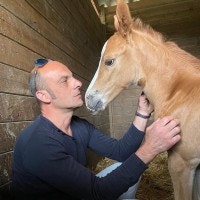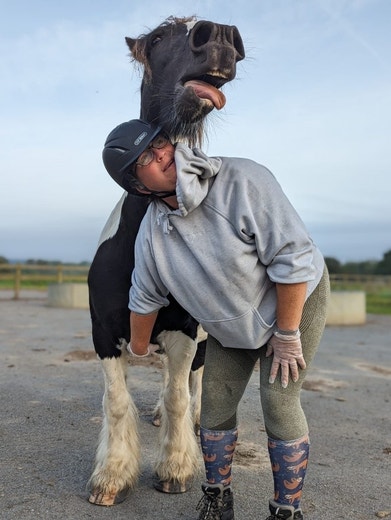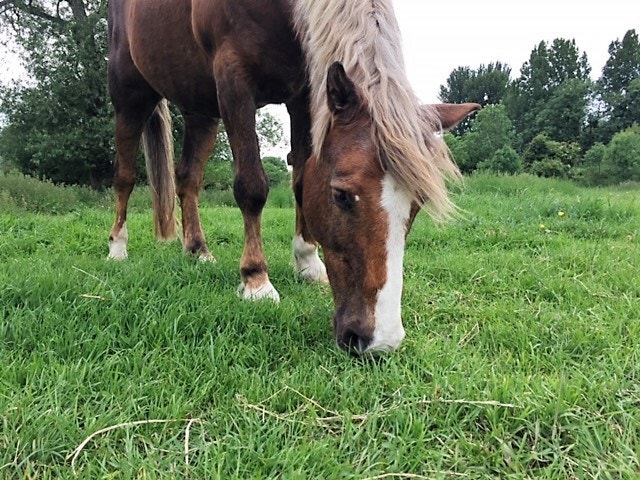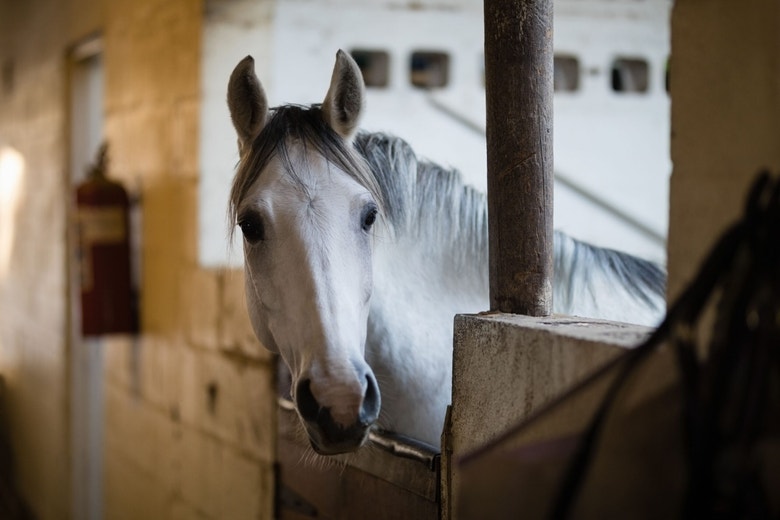Tackling Equine Obesity: A Commitment to Health and Performance
At SPILLERS, we are passionately committed to ending equine obesity in the UK by 2035. Our mission is driven by a deep concern for the health and wellbeing of horses, and we are investing heavily in education and awareness campaigns to promote better horse management among owners. Our initiatives include providing practical tips and advice, bolstered by the collective wisdom and support of over 11,000 members in our Slimmers' Club. Today, we are honoured to share insights from Marc Beaussart, a specialist in the performance of sport horses and musculoskeletal issues. Marc is an FEI approved equine physiotherapist, RAMP registered, and works across Europe.

Common Issues in Obese Horses and Ponies
Marc Beaussart explains that obese horses and ponies face a multitude of problems, particularly concerning musculoskeletal health. "Obesity in horses leads to a cascade of mobility issues, beginning with the back," he says. This excessive weight places undue stress on the horse's spine, leading to restricted movement and a host of related issues. In contrast, horses of a healthy weight are more agile, less prone to injury, and generally exhibit better overall health.
Impact of Owner Misconceptions
A significant challenge in combating equine obesity is the anthropomorphism and lack of awareness among horse owners. "Many owners believe that a slightly fat horse is a healthy horse," Marc notes. This misconception can lead to neglect of the early signs of excess weight gain until it becomes a severe problem. Additionally, some owners might mistakenly think that excess fat is necessary for muscle building, resulting in poorly trained, overweight horses. By the time performance issues become evident, it is often too late, and significant damage may have occurred.
Effects of Obesity on Biomechanics and Movement
Obesity severely impacts a horse’s biomechanics and overall movement patterns. Marc emphasises, "An obese horse suffers from muscle dysfunction and joint damage due to poor physiological and biomechanical functioning." The excess weight compromises back mobility, leading to further restrictions in the sacroiliac and limb joints. This creates a chain reaction of mobility issues, further degrading the horse’s muscle health and performance.
Success Stories in Combating Obesity
Marc has been involved in numerous success stories, particularly with ponies. Ponies, especially the Shetland ponies I see, are frequently overweight. With a strict protocol and extensive gymnastic work, we’ve seen significant improvements in their weight, health, and performance." These success stories underscore the importance of tailored care and diligent management in reversing obesity-related issues.
Join the Fight Against Equine Obesity
At SPILLERS, we are dedicated to providing horse owners with the knowledge and tools they need to combat obesity. By joining our Slimmers' Club, you can access a wealth of advice, camaraderie, and ideas from peers who share your commitment to equine health. Together, we can ensure that horses across the UK lead healthier, happier lives free from the burden of obesity.
SPILLERS™ is not responsible for nor does it endorse any content written by a third party. We recommend you seek the advice of a qualified vet before proceeding with any diagnosis, treatment, or therapy.
For more information on our initiatives and to join the Slimmers' Club, visit: https://www.facebook.com/groups/spillersslimmers
31st July 2024
